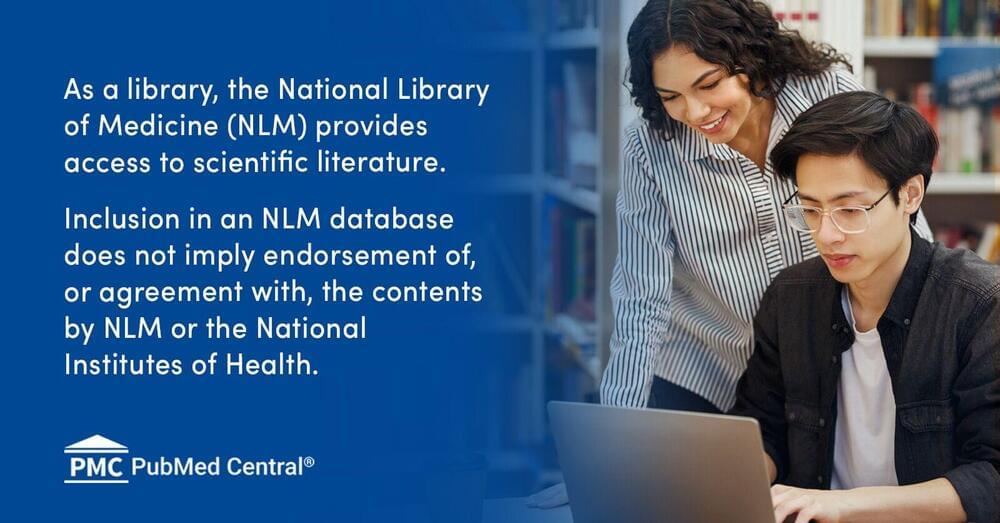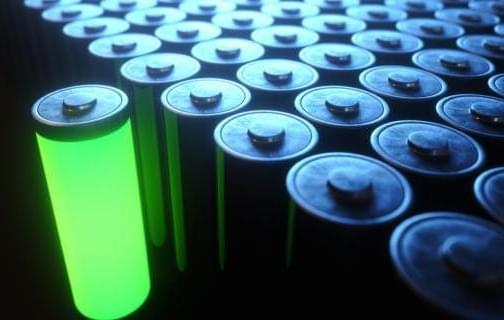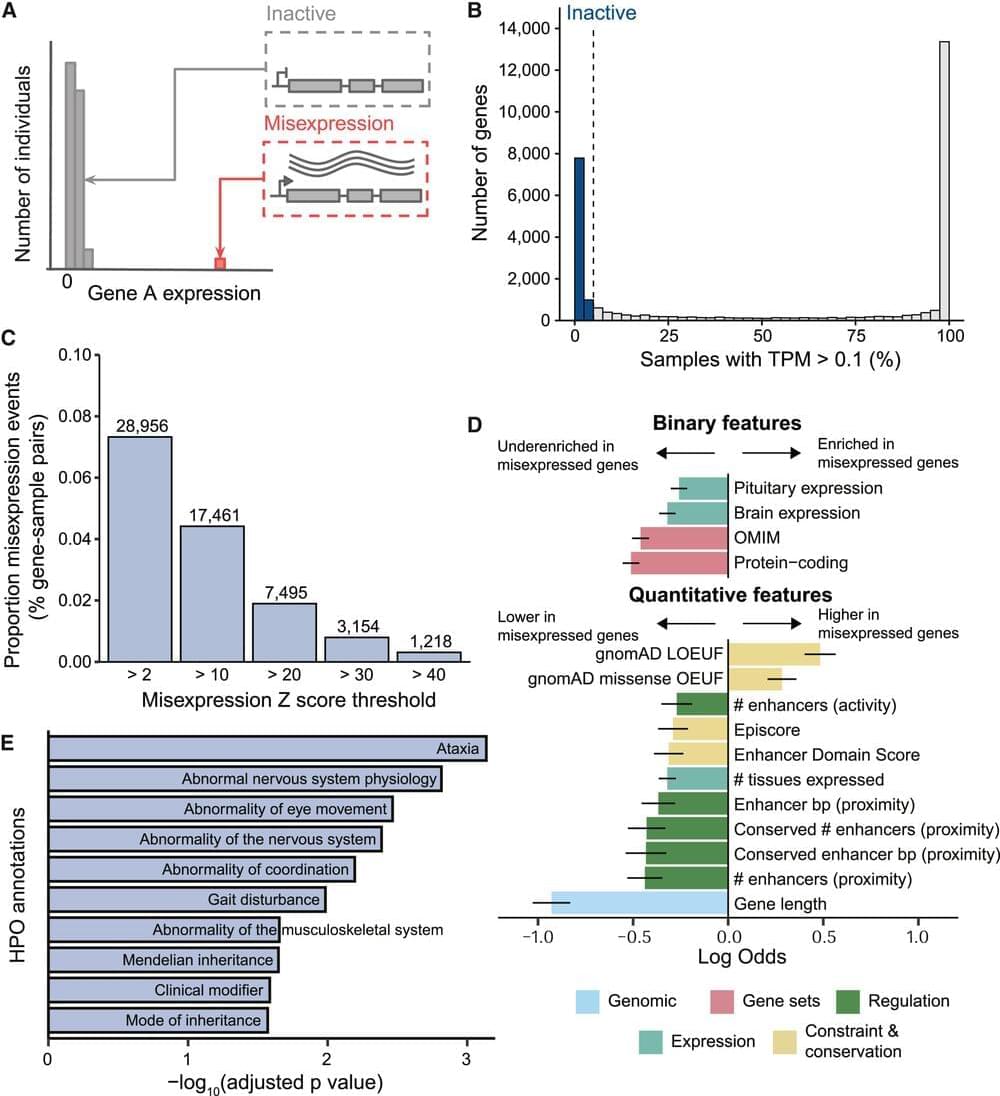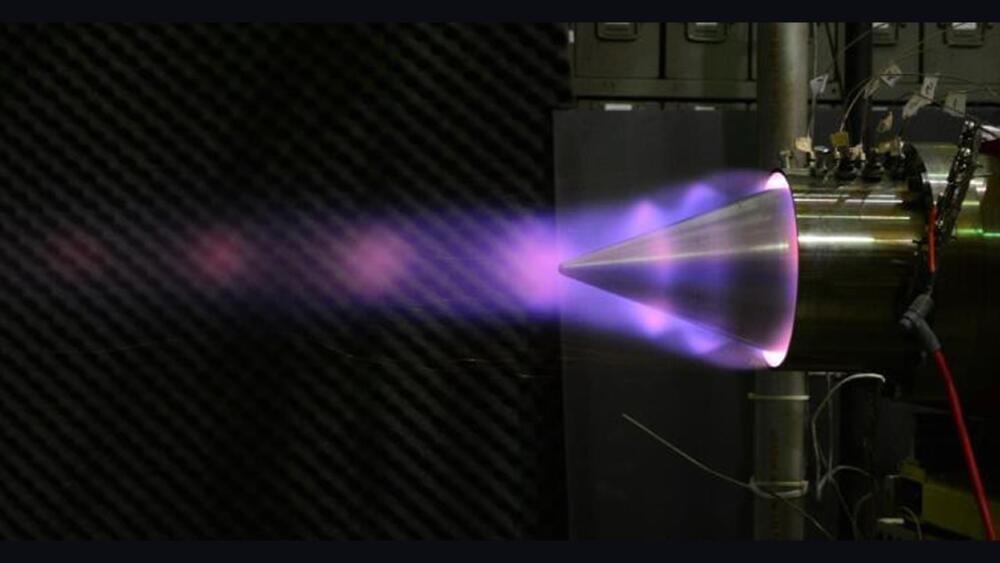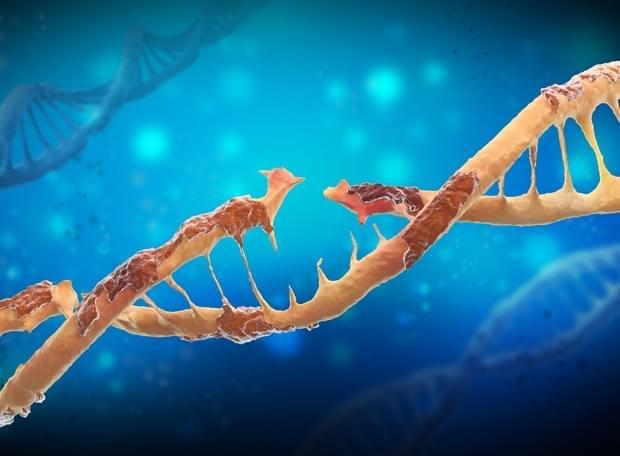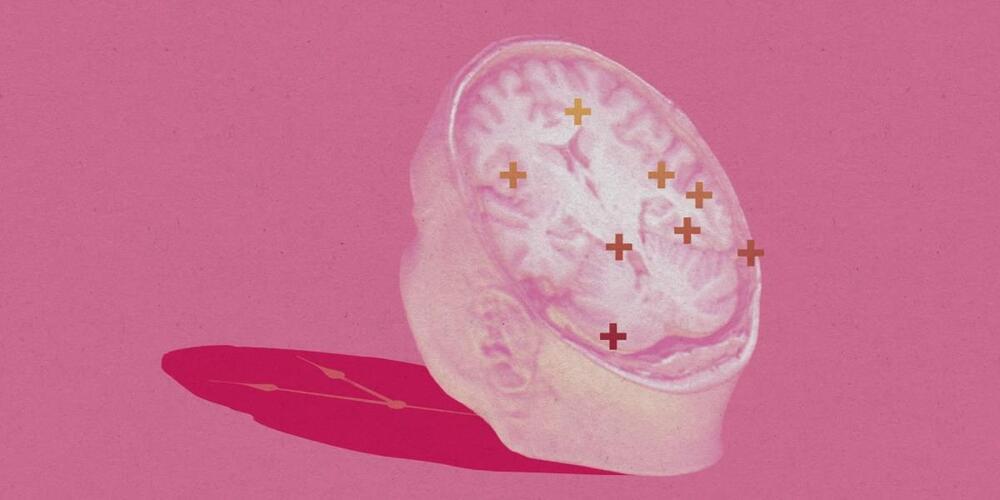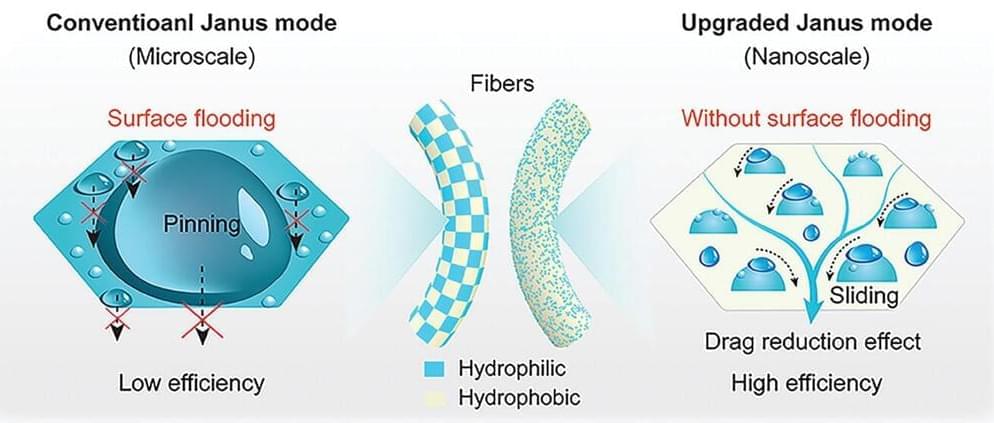Update 3:27 p.m. EDT: SpaceX launched the Transporter-11 mission and landed the first stage booster. Payload deployment is set to begin close to 4 p.m. EDT (2000 UTC).
SpaceX launched its Falcon 9 rocket from Vandenberg Space Force Base, sending dozens of spacecraft into orbit with its latest rideshare mission launching from California. The rocket’s first stage booster touched down back near the launch site following stage separation, creating a sonic boom for those nearby.
Liftoff from Space Launch Complex 4 East (SLC-4E) happened 11:56 a.m. PDT (2:56 p.m. EDT, 1,856 UTC). The satellites will be deployed over a more than two-hour-long period.
